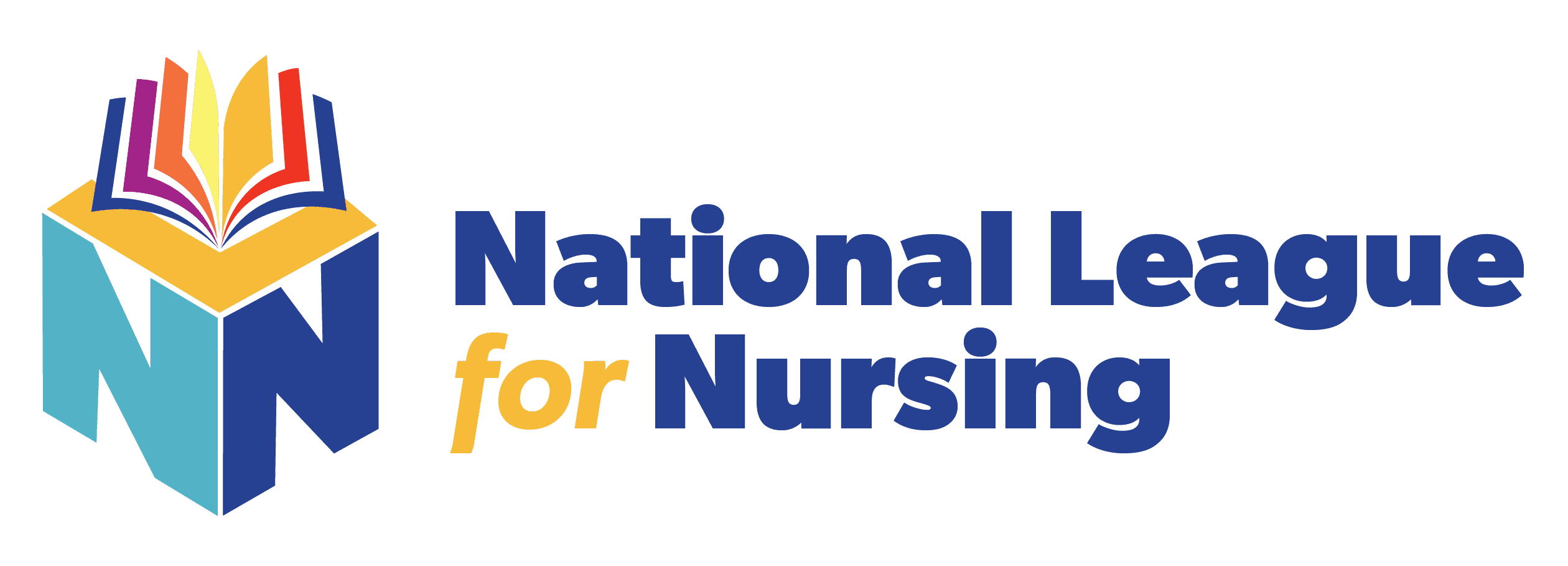ACE.D Framework

Components of the ACE.D Framework
ACE.D Essential Nursing Actions
The Essential Nursing Actions provide a framework for nursing students and practicing nurses to translate their knowledge of communication techniques and provision of nursing care to health care of people with disability, including individualized care, complexity of care, and vulnerability during life transitions specifically related to people with disability. Use of the materials that are part of ACE.D and essential nursing actions in clinical experiences, skills lab/simulation, and lecture develops students’ knowledge, skills, and abilities related to the care of people with disabilities, while promoting positive perceptions of people with disability.
ACE.D Knowledge Domains
Printer friendly version of ACE.D Knowledge Domains
Individualized Care
Since a disability is manifested and experienced uniquely by each individual, assessing function and expectations of care is essential.
The term “normal” or “disabled” may lead to the belief that there is a typical way for persons with disabilities (PWD) to present, both behaviorally and physiologically. PWD living in a wide variety of settings represent a broad spectrum of strengths, resources, needs, wishes, and expectations.
Functional status assessment utilizing standardized tools, such as How to Communicate with PWD, and Assessment of PWD, assist practitioners in recognizing, responding to, and respecting PWD and/or caregivers’ expectations regarding outcomes of care, creating a way to frame caring for PWD to foster relationship-centered care.
Complexity of Care
The care of PWD requires specialized knowledge in the art and science of nursing to manage the interplay of factors that influence quality of care.
PWD represent a large population for whom nurses provide care but this has not always been evident in how we teach or in the experiences faculty create for students. Clinical experiences need to reflect numerous interconnected factors that affect care and the multiple variables that impact the quality of care for PWD.
Management of multiple co-existing acute, chronic, and secondary conditions may generate tension between immediate and long-term needs. The immediate and long-term needs of PWD converge in complex ways as they experience changes, both temporary and permanent, in environment as well as levels of independence and functioning. Nurses use judgment to observe, interpret, respond, and reflect, based on their knowledge and the expectations of PWD and/or their caregivers.
Unfolding cases, simulations, and teaching strategies using ACE.D Essential Knowledge Domains and Nursing Actions facilitate the ability of nurses to care for PWD and/or their caregivers in a way that is competent, individualized, and humanistic.
Vulnerability During Transitions
Transitions occurring in the lives of PWD occur across their lifespan: including changes in environment, types of care, and life events. Transitions have the potential to create upheaval, disequilibrium, and opportunities for PWD and their families.
Coordinating care during significant life transitions for PWD is fundamental to providing competent, individualized, and humanistic, patient-centered care. Care must be more than a series of discrete services; rather, continuity of care must
be provided when PWD move among care settings.
Nurses are advocates for PWD and their caregivers learning to promote health and manage disease. The nurses’ professional identity is clearly evidenced in their role as advocates. As
advocates for PWD and their caregivers, nurses have the ability to improve the quality of care provided and to incorporate the expectations of PWD and/or caregivers for promotion of health and management of disease.
A diligent focus on
maintaining function, control, dignity, and integrity is necessary to promote health, nutrition, function, independence, safety, social interactions, and quality of life. Nurses help individuals and their caregivers to make life and health care choices
in an effort to reclaim or develop new pathways toward human flourishing.



